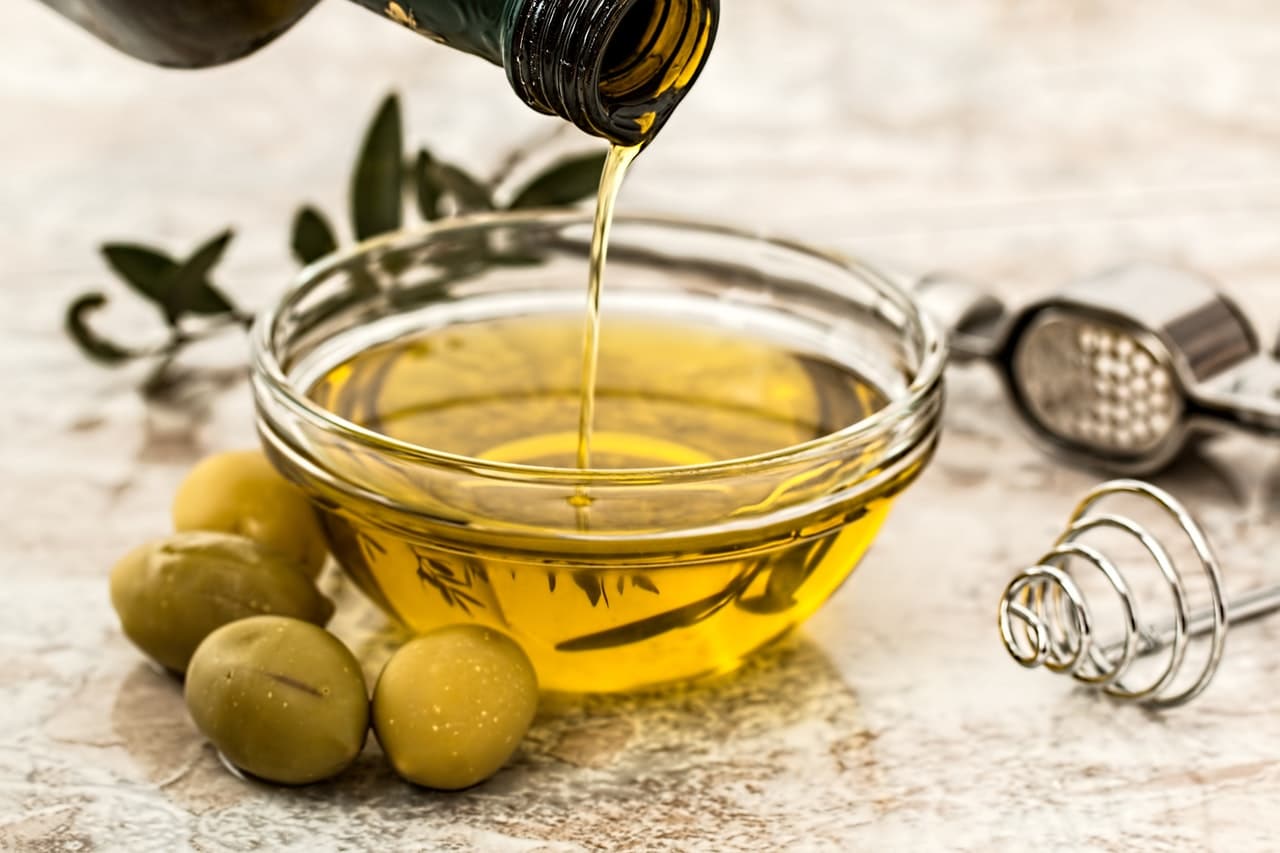Is peanut oil healthy? Which cooking is oil good for health?
Cooking oil is incredibly useful in the kitchen, and many dishes require even small oil quantities. Deep-fried dishes cooked in griddles require more cooking oil so you can cook the proteins properly. But which cooking oil is the healthiest?
Should you shift to vegetable oils? What kind of oil do you use for cooking steak? People are also interested in knowing which cooking oils are best for people with diabetes. In the same vein, individuals who are into weight loss and physical fitness also shift to healthier cooking oils for weight loss.
Is Peanut Oil Bad for You?
Peanut oil is one of many well-known cooking oils that are extensively used in home kitchens and restaurants. Peanut oil is preferred, especially when frying foods because it has a neutral flavor that lends well to many frying recipes. Like other cooking oils, peanut oil has both advantages and drawbacks.
Why could peanut oil be bad for you? One point of contrition here would be the fact that peanut oil is high in omega-6 fatty acids. Omega-6 fatty acids are not like omega-3 fatty acids. They play a physiological role in the body, but too much omega-6 fatty acids can cause problems.
These fatty acids tend to encourage inflammation in cells and tissues, while omega-3 fatty acids fight inflammation. The body requires both (since inflammation plays a role in health), but too much can cause problems in the long term. Omega-6 fatty acids are linked to inflammation because they act as the precursor to pro-inflammation markers in the body (lipid mediators).
Omega-6 fatty acids have also been medically linked to a higher risk of developing cancerous tumors in the breast, especially in post-menopausal women. Doctors advise people to cut down on their consumption of omega-6 fatty acids. It has been observed that with the rise of heart disease and other metabolic health conditions, there was a meteoric rise in the consumption of these fatty acids. While it is not possible or logical to pin the rise in metabolic disorders on just one type of food at all, science confirms that omega-6 fatty acids (such as those found in peanut oil) can trigger the type of inflammation that predisposes people to heart diseases, for one.
Indeed, this is a complicated topic, especially if your orientation is purely culinary, and you weren’t aware that cooking oils could cause this much trouble over time. But then again, to be truly committed to food, you have to know how food affects the body as much as it tastes good when you prepare it.
What Does Peanut Oil Do to Your Body?
Peanut oil is not all negative. Despite having omega-6 fatty acids, peanut oil also brings potential health benefits to the table. As with anything related to food and health, much of what you can accomplish your current diet is largely the result of balancing your nutrition.
Can peanut oil also improve your health? Looking at the content of peanut oil, yes. For one, peanut oil contains vitamin E. A tablespoon of fresh peanut oil already provides 11% of the RDA for this nutrient. Vitamin E is a natural antioxidant, and it is hailed as one of the best ways to keep yourself looking young.
Vitamin E is linked with the human immune function, and the more you have it in your diet, the strong your immune response gets. This is important if you want to protect yourself from human pathogens, like viruses and bacteria.
Additionally, vitamin E has been associated with lower heart problems and chronic, degenerative diseases like cancer. While vitamin E is not a cure for cancer, it helps maintain healthy cellular structure throughout a person’s life.
Peanut oil is rich in PUFA and MUFA fats that are linked to better heart health. This is the paradoxical nature of peanut oil. It has omega-6 fatty acids (which are also essential for normal functioning) and fats that improve heart health.
Can I Use Olive Oil Instead of Peanut Oil?
Is olive oil healthy? Olive oil is a healthy alternative to peanut oil, though we can say that these two are equal in benefit. If peanut oil has omega-6 fatty acids that can cause inflammation when there is too much of it in your diet, olive oil has omega-9 fatty acids that can cause the blood vessels to constrict.
Nevertheless, olive oil has a good track record for heart health, so it’s safe to say that if you feel that peanut oil is not for you, you can certainly use olive oil. Olive oil has a neutral flavor, so it’s good for many kinds of recipes. Olive oil smoke point is around the 374°F mark or 190°C. This means you can use this oil for many of the basic cooking methods that make use of peanut oil, including the most demanding method of all: pan-frying.
If you want to maintain any cooking oil benefits, remember to cook with either light or medium heat only. High-temperature cooking will destroy the vital components in cooking oils that make them healthier for the body. So bear the fact that you are going to cook longer – work with lower heat to maintain your cooking oil integrity.
Cooking at lower temperatures will also improve the preservation of vital antioxidants in olive oil (or any other oil) that reduce the risk of chronic, degenerative conditions, including breast cancer, type 2 diabetes, and heart disease.
Remember, if you want good health well into your golden years, you have to start investing in your health now. This is the only way that you are going to get a more robust body later on.

